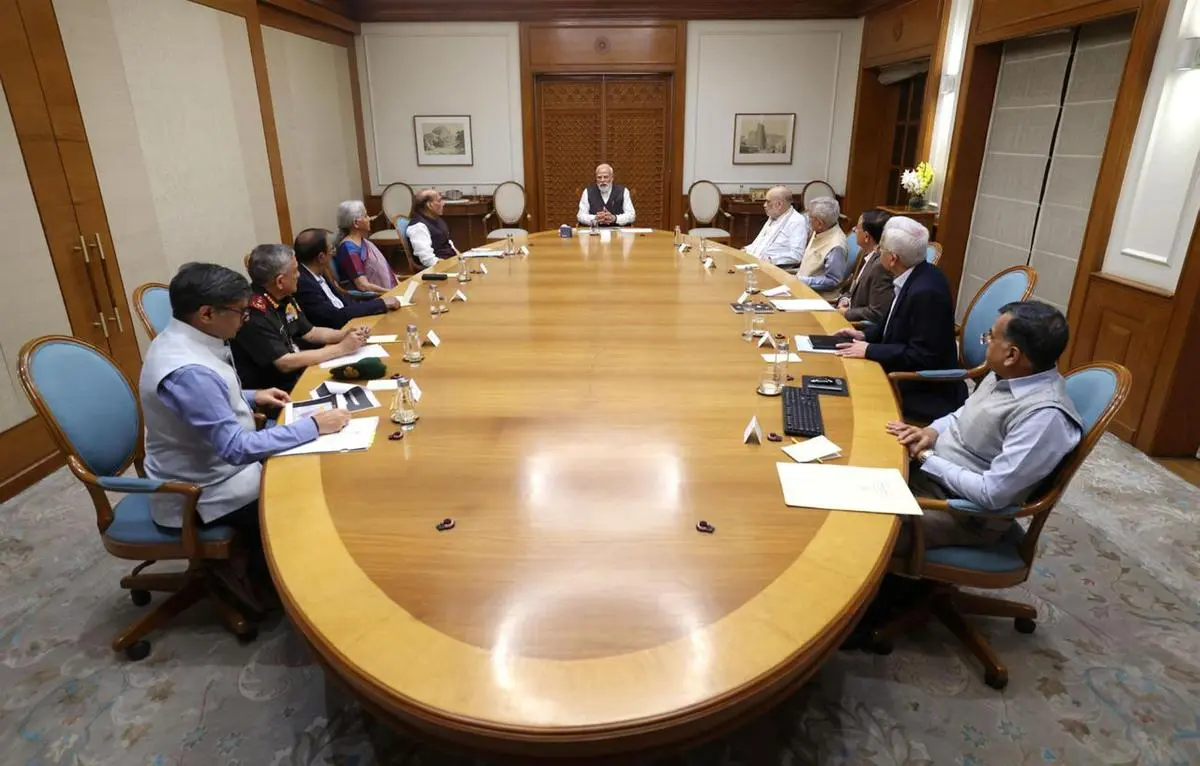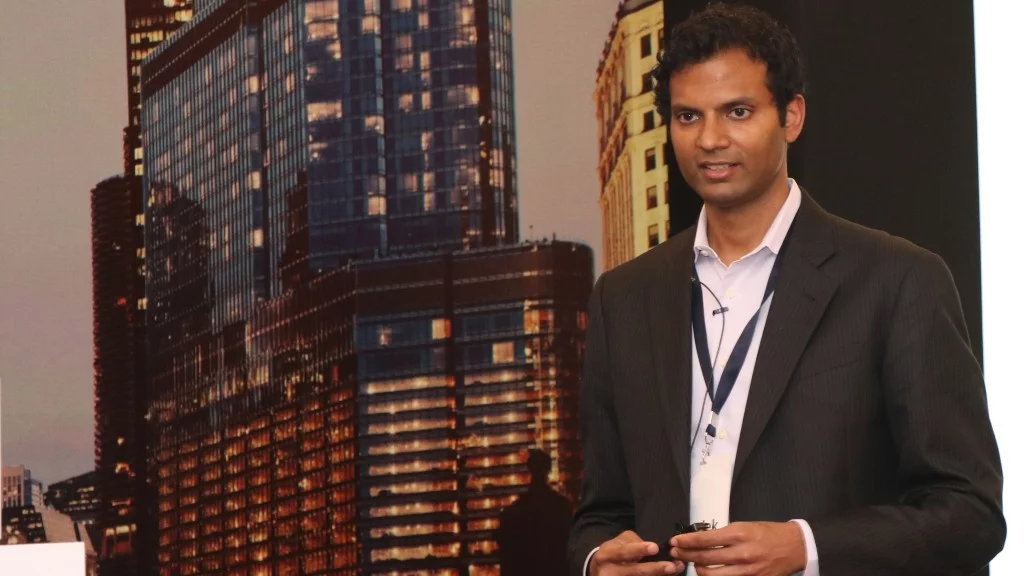The new regulation is set to be enforced starting December 1 and focuses on the authentication of the ‘letter of acceptance,’ an essential document for obtaining a study permit in Canada
Canada has introduced a stringent verification process for foreign students in the wake of a visa fraud scandal that unfolded in June, jeopardizing the status of 700 Indian students. The new regulation is set to be enforced starting December 1 and focuses on the authentication of the ‘letter of acceptance,’ an essential document for obtaining a study permit in Canada.
In a recent statement, Marc Miller, Canada’s Minister of Immigration, Refugees, and Citizenship, emphasized their reluctance to impose a cap on new international student arrivals. However, the implementation of this verification process is intended to ensure that study permits are exclusively granted based on authentic letters of acceptance.
Under the new rules, educational institutions will be mandated to directly verify each applicant’s letter of acceptance with the Immigration, Refugees, and Citizenship Canada (IRCC). This heightened scrutiny aims to safeguard students from falling victim to ‘letter of acceptance’ fraud, preventing a recurrence of the issues experienced by some students earlier this year, as explained by Minister Miller.
In June, an IRCC taskforce was established to collaborate with the Canada Border Services Agency (CBSA) to investigate the cases of the impacted students and graduates
The current situation involves over 700 Indian college students in Canada facing potential deportation due to the use of counterfeit college acceptance letters, which were employed to secure Canadian study visas nearly four years ago.
The matter came to light in March this year when several students in Canada sought permanent residency after completing their studies. The Canadian border agency subsequently discovered the fraudulent nature of their documents.
Following the representation of the issue by New Delhi to Ottawa, the Canadian government suspended the deportation of these affected students.
In June, an IRCC taskforce was established to collaborate with the Canada Border Services Agency (CBSA) to investigate the cases of the impacted students and graduates. As a result of these investigations, Indian citizen Brijesh Mishra was charged by CBSA with immigration-related offenses, identified by victims as a key figure in the scheme that defrauded students. In a recent review conducted by CBSA, out of 103 cases, only 63 were deemed genuine, underscoring the extent of the issue and the necessity for the new verification process.
**************************************************
Readers
These are extraordinary times. All of us have to rely on high-impact, trustworthy journalism. And this is especially true of the Indian Diaspora. Members of the Indian community overseas cannot be fed with inaccurate news.
Pravasi Samwad is a venture that has no shareholders. It is the result of an impassioned initiative of a handful of Indian journalists spread around the world. We have taken the small step forward with the pledge to provide news with accuracy, free from political and commercial influence. Our aim is to keep you, our readers, informed about developments at ‘home’ and across the world that affect you.
Please help us to keep our journalism independent and free.
In these difficult times, to run a news website requires finances. While every contribution, big or small, will makes a difference, we request our readers to put us in touch with advertisers worldwide. It will be a great help.
For more information: pravasisamwad00@gmail.com








